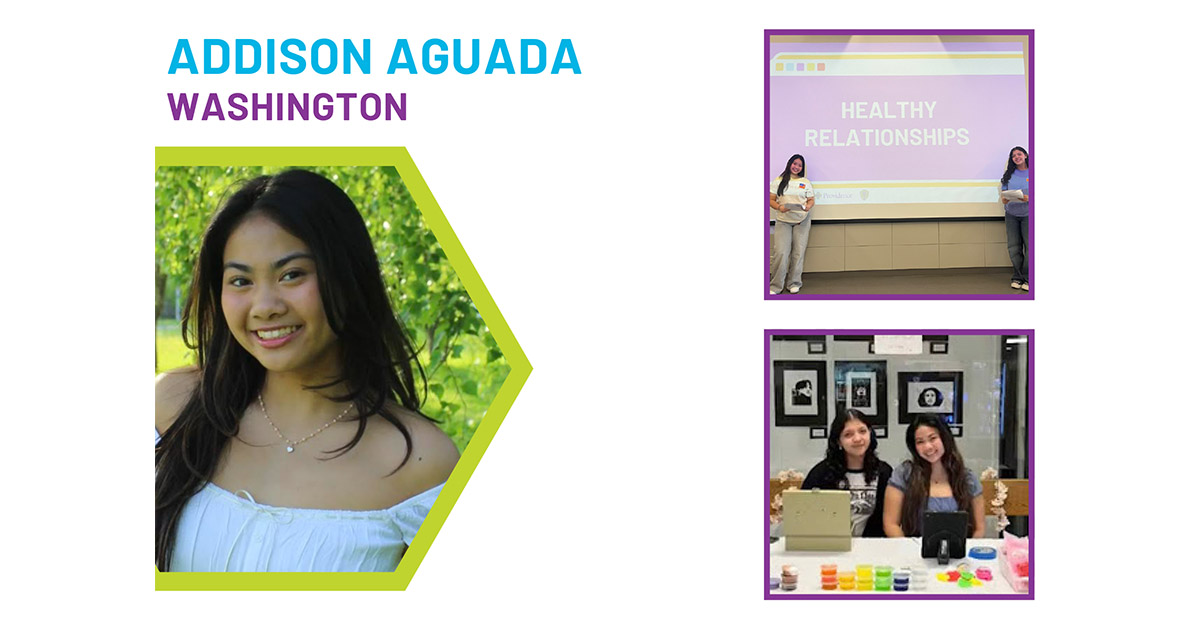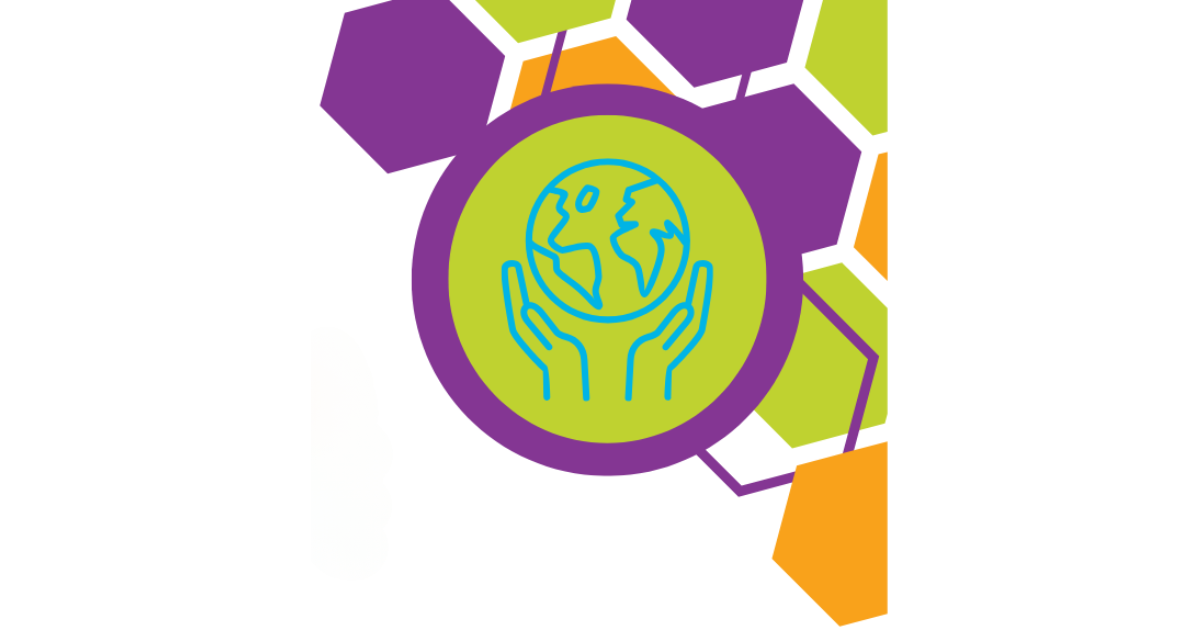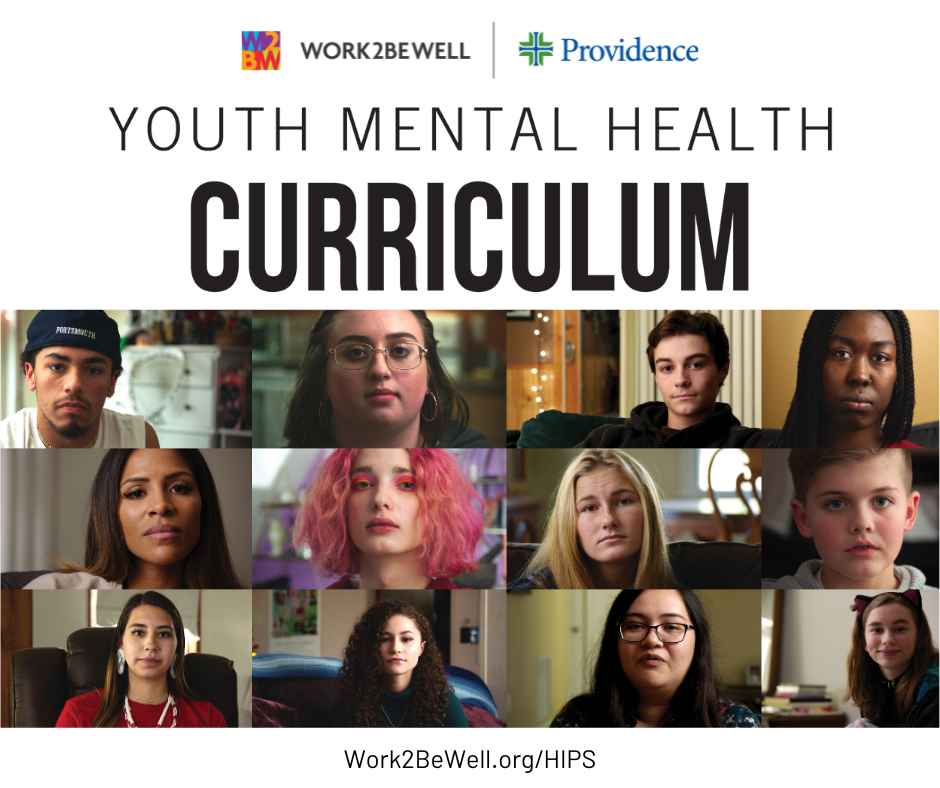More and more musicians are drawing attention to the importance of mental health and wellness, and at Well Being Trust we are all sorts of hopeful about how the conversation is building and where it’s headed.
Musicians have always written music about pain and loneliness, about broken hearts, but now as 2017 turns the corner into 2018, it’s as if most of us in the audience are realizing together that it isn’t just an act musicians put on, and that their anguish is as real as our own, and that wealth and fame are no antidote to mental illness. And these calls for mental health awareness aren’t limited to any one genre of music either. From hip hop to rock to pop, and every other corner of the jukebox, musicians are opening up about their own struggles with mental health, and they’re calling for empathy on behalf of everyone.
Well Being Trust was lucky enough to sit down with Tionne T-Boz Watkins, lead singer of TLC, and talk music, mental health, and living with a chronic illness. Like anyone else, Tionne told us, I have to talk myself out of stress all the time. She ran us down the list of everything that gnaws at her work, social media, the news, people, fans, TLC, and just life in general sometimes. When asked about coping she told us, You know, I don’t have a great answer for that. It’s a daily process, and I’m working through that myself. We’re all human, she said, and this starts with you admitting you need to work on it, because stress is a killer. If you’re 100% healthy, stress can still kill you. So me, having a disease like sickle cell, I really need to manage my self.
Watch our full interview with Tionne T-Boz Watkins:
Recently hip hop mogul Jay-Z has also been pushing the mental health conversation to a more open and enlightened space. This past summer Jay-Z released his album 4:44, and the track Smile does something special; plain as day and no shame, Jay-Z drops a quick line about his therapist. My therapist said I relapsed.
Not so long ago you would have been hard pressed to find rappers casually mentioning therapy, let alone a rapper as towering and influential as Jay-Z. Shortly after his album was released, Jay-Z spoke more urgently about the importance of mental health care in an interview on the Rap Radar podcast (watch the conversation here the segment in question begins around the 44:10 mark).
The conversation touched on the tragic passing of Chester Bennington, who died by suicide last year, a friend of Jay-Z’s since their collaboration in 2004 on Collision Course. A lot of times, we tend to view [suicide victims] like they were selfish, Jay-Z says. No, they wasn’t. They was sick, man. They were in pain. You can’t even imagine that kind of pain. Especially unchecked. Unchecked, man. We’re not dealing with that because it ain’t the cool thing to do. People have to really take care of themselves.
Jay-Z goes on, We have to watch our health, our physical health, and what we’re doing with our bodies, but also our mental health. A lot of people going through trauma like that, and you’re too embarrassed to get help for it. Especially in these neighborhoods where we grew up.
Jay-Z and T-Boz are only two of the many musicians who have started speaking out about mental health. Some of the biggest names in music have already joined the conversation, from Lady Gaga to Metallica. It seems like it wasn’t just the Rap Radar conversation that turned on the subject of Chester’s passing; Chester’s death helped to galvanize the national conversation about mental health and suicide. You can spot the sea-change in the tabloid headlines, and in the media coverage of celebrities struggling with mental health.
Take a second and think back to Britney Spear’s mental health struggles in 2007, and how callous so much of the coverage was. Or back to Lindsay Lohan’s addiction struggles around the same time. Or more recently, Aaron Carter’s struggles in 2016. For a long while it seemed media outlets leapt on these public breakdown stories with glee and with so little mercy or understanding. The coverage has often been crass, sometimes going so far as to feature before-and-after photos of celebrities in the midst of mental health episodes. And if the media coverage was difficult to stomach, then the comment sections that followed were just intolerable.
For a long time celebrities dealing with mental illness and substance misuse have been dismissed as whiners or attention-seekers. They only instance it seemed society took their pain seriously was when someone was unfortunate enough to die from his or her mental illness or addiction as if their deaths was required to legitimize the suffering that led them to it. But we are ready to do better now. We’ve all seen the consequences of unchecked mental illness. Nobody wants to read about celebrity mental health struggles anymore as if they’re just sensationalized bits of gossip, or accusations of moral failings, or junk TV entertainment.
The plain truth is that everyone is touched by mental health issues, whether those struggles are our own, or if they’re the struggles of our family and friends. Fame, money, adoration as grand as it all sounds, none of these things cure mental illness. We all deserve compassion and dignity as we deal with our health.
And although the voices of famous musicians may have a greater reach, we all have a part to play in this conversation. Every time somebody is brave enough to open up about his or her own mental health, it makes it easier for the rest of us to open up. It helps us all find the courage to do better for each other. Hey, if Jay-Z can talk about mental health, then so can we.
Share your experience on social using the hashtags #BeWell or #BeHeard. We want to know how you’re doing, how you prioritize your health, and what being well means to you.



